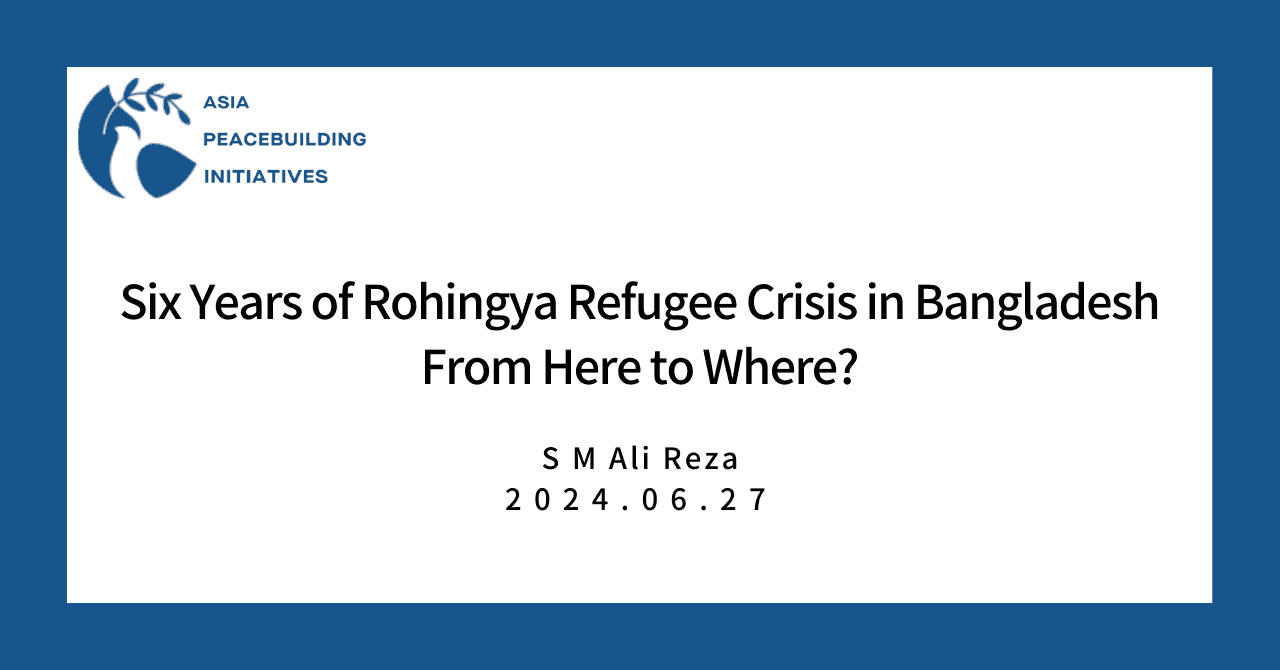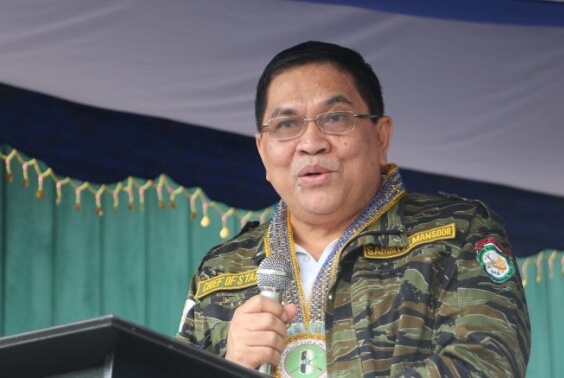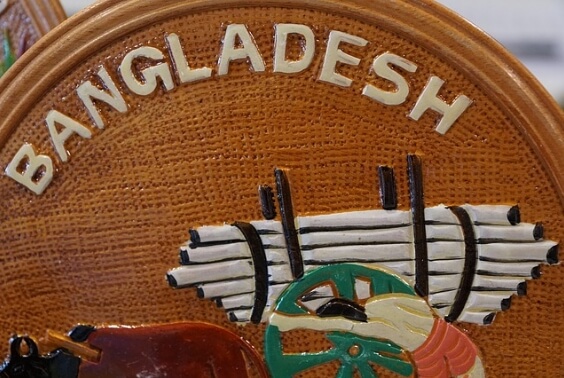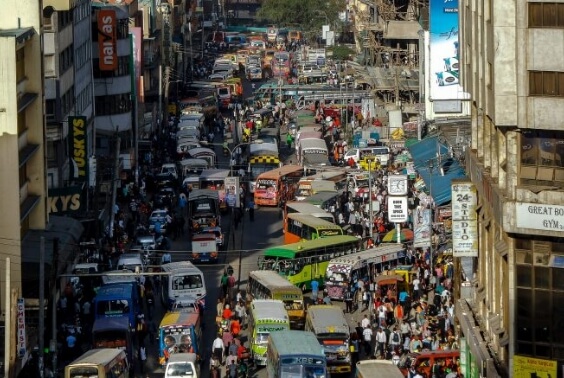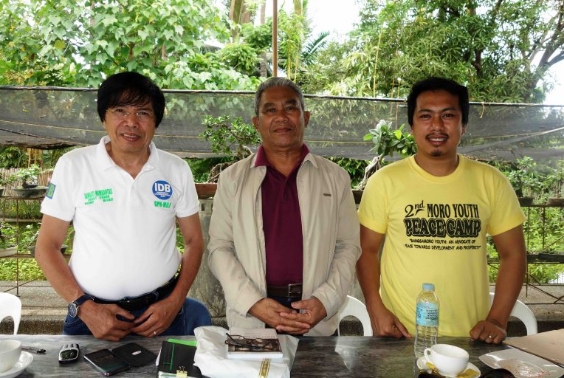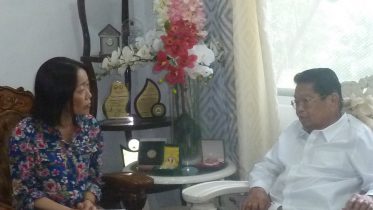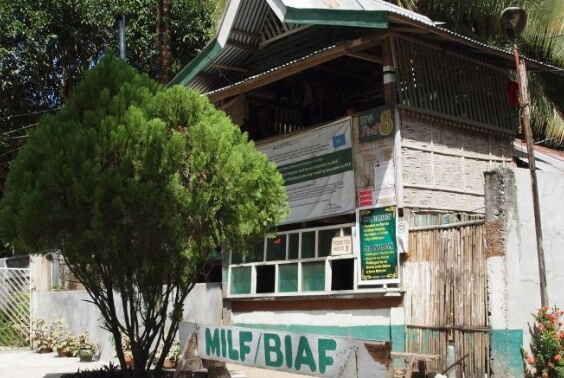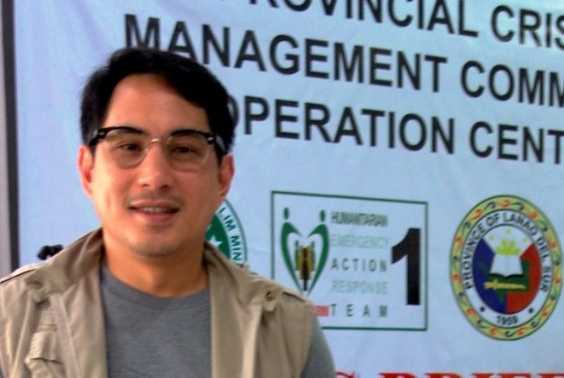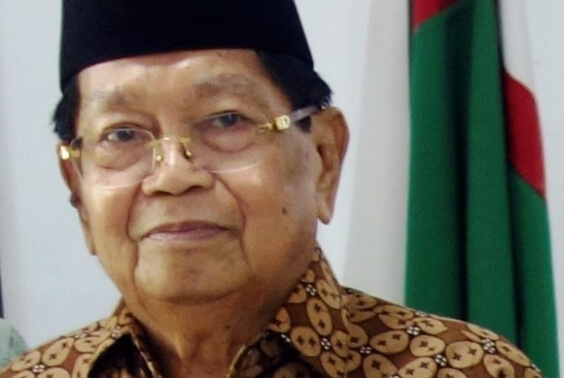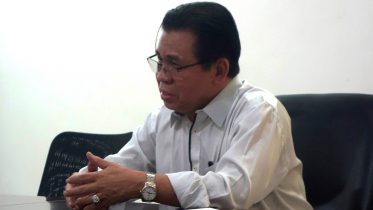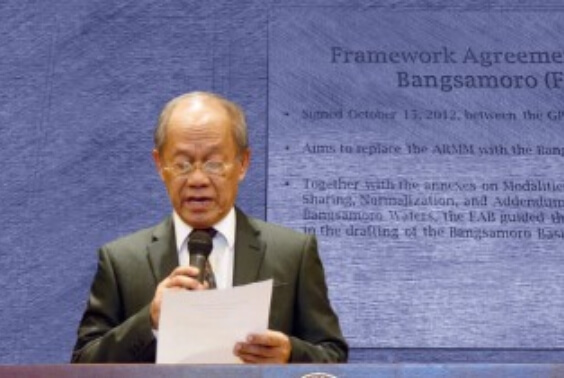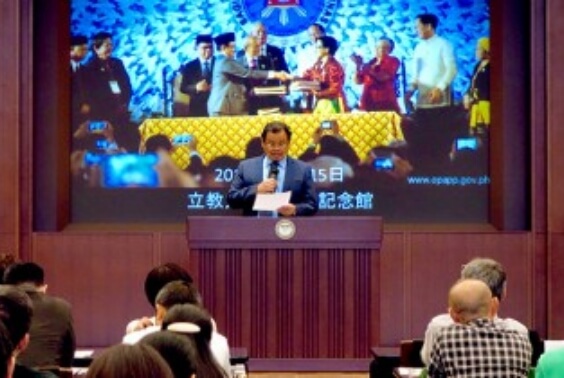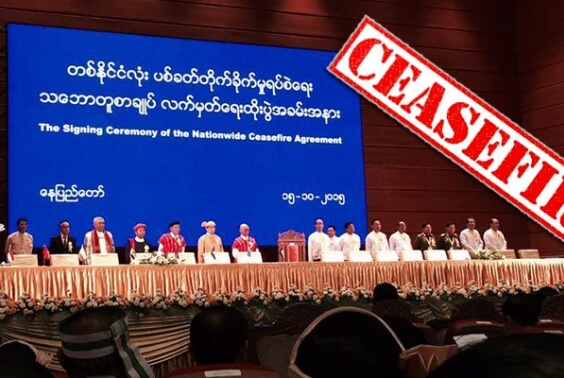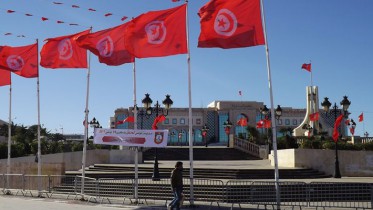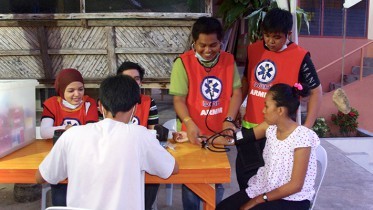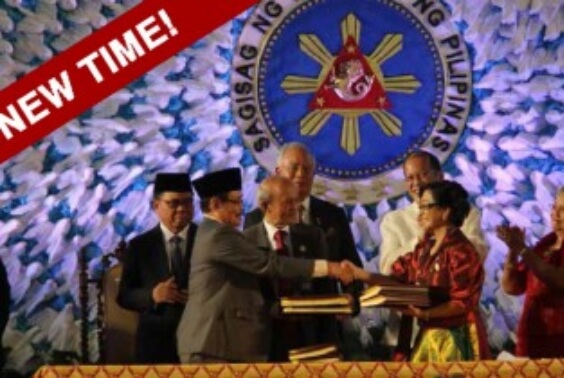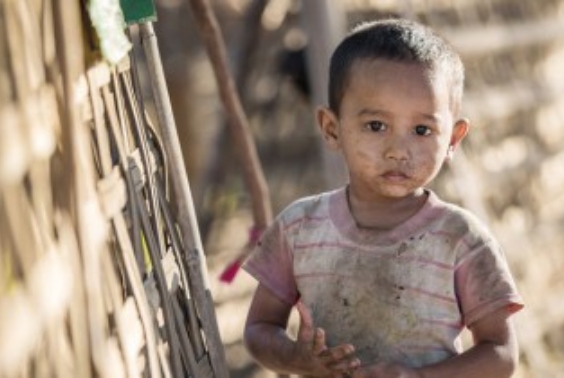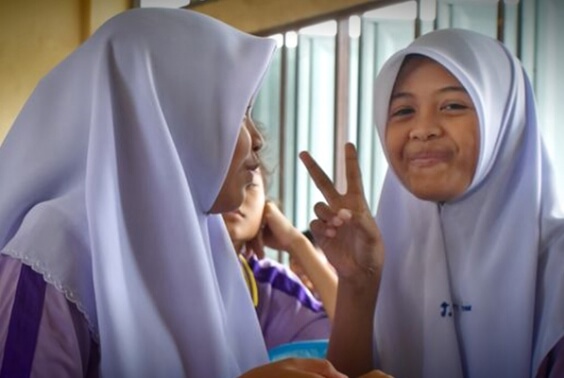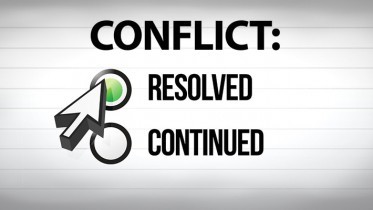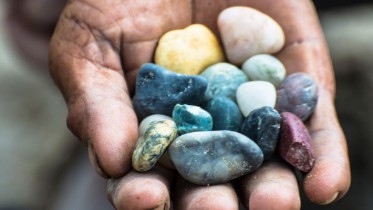NEW ARTICLES
-
2024.06.28
S M Ali RezaBANGLADESHSix Years of Rohingya Refugee Crisis in Bangladesh: From Here to Where?
S M Ali Reza, PhD (Professor of Political Science, University of Dhaka, Bangladesh)
-
2022.12.19
Masako IshiiSOUTHERN PHILIPPINESMasako Ishii interviewed the top leader of the BIAF, the Chief of Staff, Mr. Sammy Al Mansour
In the Philippines, there used to be approximately four or five ISIS-affiliated groups. In 2017, the top leade
-
2018.09.21
Naonori KusakabeBANGLADESHThe Rohingya issue viewed from Bangladesh
Naonori Kusakabe (Tokyo University of Foreign Studies) Mass Rohingya refugees On August 25, 2017
-
2018.08.31
Kinyua Laban KithinjiISSUES IN PEACEBUILDINGDemocracy in Post-Conflict States in Africa: Is the “Gospel” of Peace Undermining Democracy in Eastern Africa?
Kinyua Laban Kithinji Introduction Political strife traverses the eastern region of Africa, and th
-
2018.04.22
Masako IshiiSOUTHERN PHILIPPINESMarawi Siege: Perspectives from the MILF North Eastern Mindanao Front Command
On May 23, President Duterte declared a state of Martial Law and suspended the privilege of the writ of habeas corpus in the southern Philippines to fight against the ISIS-affiliated “Maute group.”[1] The “Maute group” occupied a part of Marawi City, and heavy fighting between the Armed Forces of the Philippines (AFP) led to the destruction of the seized area. Five months after the proclamation of Martial Law, President Duterte declared that Marawi City had been liberated, and the termination of all combat operations in Marawi City was announced by Defense Secretary Delfin Lorenzana.
-
2017.12.15
Masako IshiiSOUTHERN PHILIPPINESThe Challenges Faced by the Bangsamoro Transition Commission in Drafting the New Bangsamoro Basic Law
On February 24, 2017, the renewed Bangsamoro Transition Commission was launched to draft the new Bangsamoro Basic Law (BBL), with the intention of establishing an Autonomous Government and replacing the current Autonomous Region in Muslim Mindanao. The BTC completed the task of drafting the BBL on June 16, 2017, and has submitted it to President Duterte on July 17. However, no major progress has yet been seen as of September 9, 2017.
-
2017.11.29
Rudy Buhay RodilSOUTHERN PHILIPPINESDecolonize the Philippines, adopt a new constitution
This article was originally published in The GRP, MILF Peace Drafts 2010: Analysis and Comments by Patricio P. Diaz・Rudy Buhay Rodil, MindaNews Publications 2010, pp.24-29, and quoted again in HOMELAND Vol. XXIV, No. 4 (July-August), 2017: 5-8. Though several years have passed since its first publication, we find that the insights this article offers are still valuable. Therefore, we republish it at this APBI website with the permission of the author to make it accessible to wider audience.
-
2017.09.14
Masako IshiiSOUTHERN PHILIPPINESInterview with Assemblyman Zia Alonto Adiong
Mr. Zia Alonto Adiong, an assemblyman of the Regional Assembly in the Autonomous Region in Muslim Mindanao, serves as the spokesperson for the Lanao del Sur Provincial Crisis Management Committee.
-
2017.04.07
Naonori KusakabeAkiko HoribaYasuhito AsamiMasako IshiiSOUTHERN PHILIPPINESCrafting the New Bangsamoro Basic Law
On November 7, 2016, President Rodrigo Duterte signed the Executive Order 8 to create the expanded Bangsamoro Transition Commission (BTC). It has increased the number of BTC members from 15 to 21 to draft the Bangsamoro law to be more inclusive.
-
2016.10.11
Masako IshiiSOUTHERN PHILIPPINESProspects of Attaining Peace under the Duterte Administration
On July 18, 2016, President Duterte approved “The Bangsamoro Peace and Development Roadmap,” which reflects the two simultaneous tracks of federalism and the new enabling law for the Bangsamoro. What are the prospects of attaining peace under the new administration? Masako Ishii interviewed Moro Islamic Liberation Front (MILF) Chairman Al Haj Murad Ibrahim.
-
2016.01.13
Masako IshiiSOUTHERN PHILIPPINESThe Peace Process in the Southern Philippines: Challenges and Prospects
The focus of my presentation highlights my personal experiences as a former Moro rebel who organized young Muslim Filipinos in the late sixties (1960s) to dramatize the growing discontent of Muslim Filipinos against their government, and to initiate collective action to urge the authorities to efficiently address demands for justice and equality from the native Moros.
-
2016.01.12
Masako IshiiSOUTHERN PHILIPPINESNegotiating an Agreement is Difficult: Implementing it is Much Harder
One of the hardest lessons learned during the peace process with the Government of the Philippines (GPH) is th
-
2016.01.07
Emma LeslieMYANMARA ceasefire, an election, a new government: Progress towards peace in Myanmar
Whatever progress is made on the Myanmar peace process or political reform in 2016 and beyond, it will be on t
-
2015.11.03
Christopher K. LamontISSUES IN PEACEBUILDINGThe Tunisian National Dialogue Quartet: A Model for Asia?
-
2015.10.20
Ikuya TokoroSOUTHERN PHILIPPINESThe Mindanao Conflict and the Direction of the Peace Process: A Sulu Refugee Perspective
This article will consider the conflict and the peace process on Mindanao between the Muslim ethnic minority and the government in the southern Philippines, with a particular focus on refugees from the Sulu Archipelago.
-
2015.10.20
SOUTHERN PHILIPPINESSEMINAR: The Peace Process in the Southern Philippines: Challenges and Prospects
The armed conflict in the Southern Philippines started around 1970 mainly as the Moro (Islamized indigenous people of the Southern Philippines) began to claim their right to self-determination.
-
2015.10.10
Kei NemotoMYANMARThe Rohingya Issue in Myanmar
The Rohingya are a Muslim ethnic minority group living in the northwest part of Rakhine State in Burma (Myanmar).
-
2015.08.14
Gothom AryaTHAILAND'S DEEP SOUTHLanguage and Educational Policies: Improving Ethnic Relations in the South of Thailand
The resurgence of violence in the border provinces of southern Thailand started with the attack of a military
-
2015.08.04
Kosuke TogashiISSUES IN PEACEBUILDINGRisks of Conflict Recurrence and Conditions for Prevention: The Paradox of Peacebuilding
It is not easy to establish peace in a region that has experienced conflict. It has been argued that a post-conflict region has, within the first five years, a high risk of recurrence of conflict (Zürcher 2007; Collier et al. 2008). In fact, 36 per cent of cases studied resumed conflict during a period from 1945 to 1996 (Walter 2004).
-
2015.08.04
Osamu InoueISSUES IN PEACEBUILDING10 Years since the Aceh Peace Agreement: Internal Strife Continues

